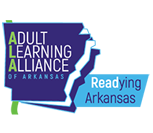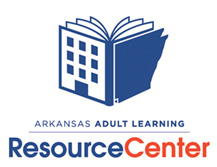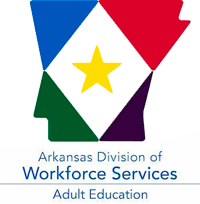“Building relationships with students is by far the most important thing a teacher can do. Without a solid foundation and relationships built on trust and respect, no quality learning will happen. While I believe the importance of relationships cannot be overstated, many teachers have no idea where to start. This is especially true when attempting to build relationships with students who come from a different background than you do.”
– Timothy Hilton

It is easy to see why building relationships with students is so important. A learner needs to trust the teacher and believe the teacher is capable, but the learner also needs to feel as though the teacher is working for his or her best interest. All of that is dependent on relationships.
However, it can be difficult to make connections and build trust when the teacher and student do not speak the same language. Naturally, we all know that being friendly and approachable is a starting point, but we often need more tools to really create connections until language skills develop.
Before you begin, examine your own thoughts and biases about the student and their native culture. It is important that you ensure you aren’t unintentionally sending signals of disrespect. It can help to learn about the student’s native culture before meeting. Many tutors share that working with an English learner has really broadened their horizons. If you happen to make a misstep, apologize. It can be intimidating, but most adults have experienced these types of mistakes. By apologizing, you are further building trust.
As you begin working with students, be sure to set aside time for conversation. It may require a translator app, or a little help from a translation dictionary, but even learning one new thing about each other can help you both understand each other. This can also help you find ways to keep the content relevant to the student.

Adults learning English have many reasons for wanting to do so. Be sure you understand the person’s motivations. For example, to some adults, pronunciation is very important to them. However, to other adults, their goal is expanded vocabulary. By focusing your instruction on the English elements that are most important to them, you honor their goals and needs.
In many cases, tutors and students have a common interest. If you can find even a small common interest, it can help increase your student’s engagement and connection with you. One example is that a tutor and student discovered they love reading fiction. They began reading simplified novels written for adults (available through New Readers Press) while sharing a cup of tea. They would take turns reading and discussing for about half of their lesson time. Another tutor and her student enjoy cooking. They take turns bringing in a dish, sharing how they made it, and learning more about each other’s culture.

As you get to know your student, you may find that there are specific areas of daily life that are particularly a challenge for them. Use this opportunity to help them overcome a very frustrating barrier. Take a break from the curriculum and meet at a grocery store or post office to help the student learn the language for that part of life. If that is not possible, using images and short videos can help. One student really struggled at his construction job, so the tutor took a few lessons to focus specifically on those words and phrases. The boost in confidence he gained from being more engaged at work, along with being treated better by fellow employees, ensured he kept coming back to learn more!
Your learner also has many life experiences that may be different from your own. For example, holidays are likely different or they did not have the same schooling experience. As you approach conversations or lesson planning, be sure to learn more about their life experiences first. This can open doors for discussing differences and similarities that improve English, but also improve your understanding of each other.
In the end, get creative with connecting with your student. Whether it is through experiences or conversations, odds are you will both gain a lot from knowing each other!
If you would like to hear from tutors in Arkansas about how they build connections with their students, check out our YouTube video LINK.
Citations
- https://busyteacher.org/10366-what-every-teacher-adult-esl-students-needs-know.html
- https://busyteacher.org/7273-teach-adults-15-secrets.html
- https://www.edweek.org/teaching-learning/opinion-response-building-relationships-with-students-is-the-most-important-thing-a-teacher-can-do/2018/10
- https://www.edugains.ca/newsite/literacy/prolearnfac/supporting_adult_learning.html
- https://openoregon.pressbooks.pub/tutorhandbook/chapter/working-with-adult-learners/







